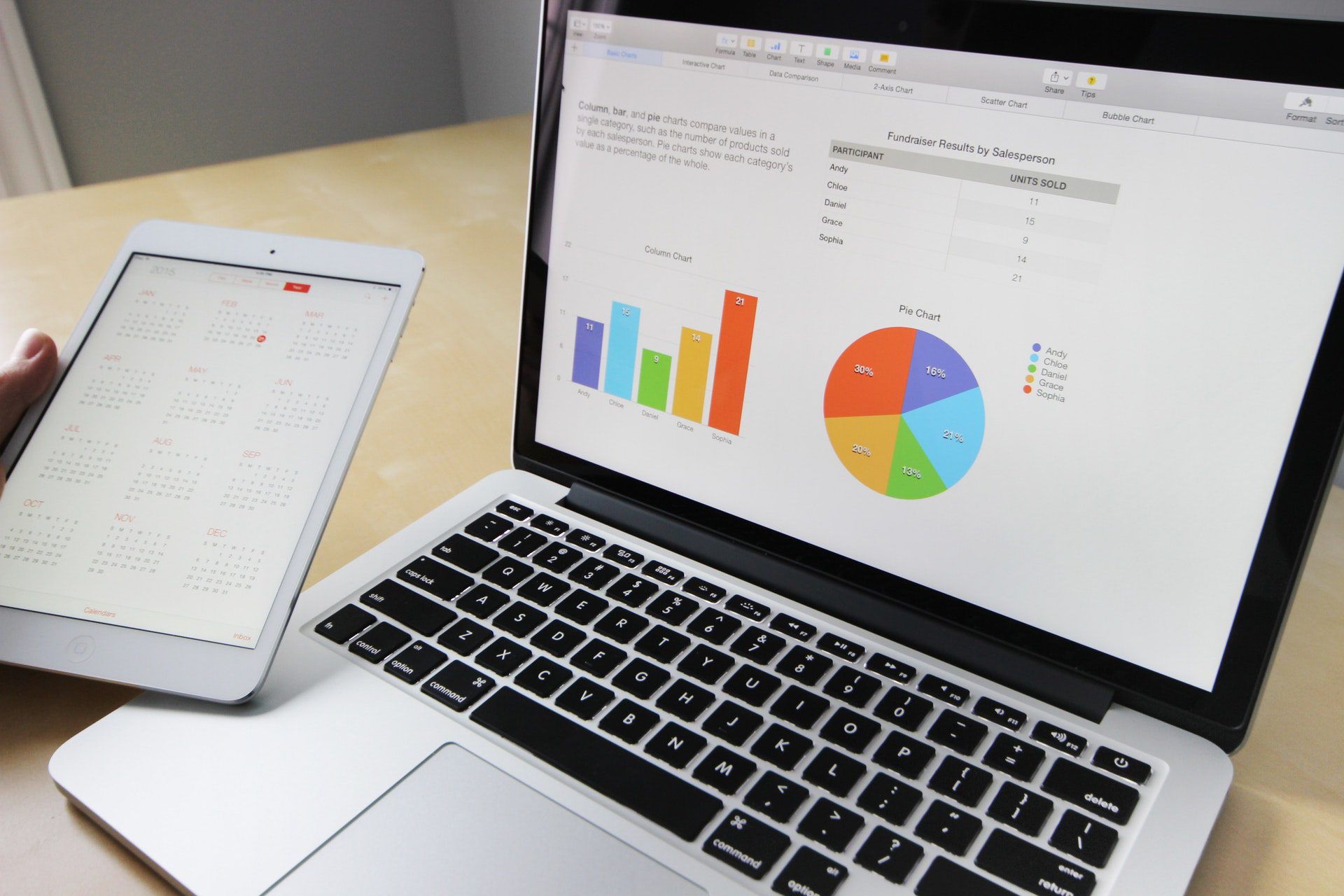
Initial Public Offerings (IPOs) allow a private company to sell assets to the public, helping them raise capital from the public. However, IPOs must comply with regulations that force companies to be more transparent. Companies considered private are typically owned by stakeholders consisting of founders, venture capitalists, and other investors. An IPO allows companies to easily transition from private to public by allowing them to trade stocks. This article will discuss how IPOs work and how you can start investing in private companies.
How Do IPOs Work?
Companies are considered private before an IPO. When the company grows large enough that it believes it can offer new, public investors benefits while meeting SEC regulations and requirements, it can get an IPO listing. An investment bank must underwrite the business to get an IPO.
Underwriters give businesses information about the type of securities to issue, the price to charge, the number of shares, and the estimated time frame for the offering. After the underwriting is complete, the business agrees to the terms. Shares are then listed on an exchange. Once the IPO is open, anyone can become an investor in the business.
Benefits of IPOs for Companie
IPOs are the first time the public can start buying shares in a company, making it incredibly lucrative for investors. However, the main purpose of an IPO is to let the company’s early investors receive a return on their investments. The main objective of an IPO is to raise capital, allowing the business to expand while providing it with cash for research and development.
IPOs also provide businesses with publicity by putting their name on the stock market so they can raise their profile along with capital. If the stock does well, more people will be attracted to the company, offering more cash flow for the business.
IPO Terms to Know
Anyone can invest in an IPO, but they have their own jargon you might not understand if you’re a new investor. Here are the key terms you should know before you start investing in IPOs:
- Underwriter: The underwriter is the investment bank that manages the IPO for the company. Underwriters determine the price and assign shares.
- Common Stock: Common stocks are the stocks or units or ownership that allow holders to vote within the company. These individuals receive dividends on their investments.
- Issue Price: The issue price is the price at which the shares will be sold to investors before they are traded on public exchanges.
- Preliminary Prospectus: The prospectus is a document created by the company that provides information about the business, financial history, and strategy.
- Price Band: The price band is a price range for investors to bid within for IPO shares. The company and the underwriter set the band. The price band is typically lower for private individuals.
- Book Building: The book building process is the process of deciding the issue price for IPO stocks based on the investor bids. The issue price is closer to the higher end of the band if investors have demonstrated a strong interest in the IPO. Conversely, if the investors have not shown a strong interest and have bid low, the issue price will be closer to the lower end of the band.
- Offer Date: An offer date is when someone can apply for shares in an IPO.
- Lot Size: A lot size is the minimum number of shares you can bid on. If investors want to bid on more shares, they must bid on multiples of the lot size.
- Minimum Subscription: A minimum subscription is the minimum percentage of shares retail investors need to subscribe to for the IPO to be finalized.
- Floor Price: Floor price is the minimum price per share someone can bid on when applying for an IPO. The price floor is the lowest limit of the price band.
Buying IPO Stocks
If you want to be an early investor in a newly public company, you can earn good money investing in IPOs. IPOs are a great way to gain exposure to a certain market without directly investing in some of those markets. For example, a cryptocurrency IPO allows investors to learn about crypto by investing in a crypto company rather than investing in crypto itself.
Additionally, buying IPO stocks allows you to purchase something that’s never been owned before. Early investors can take advantage of fair prices of stocks in companies they believe will be incredibly successful, making it a win-win for companies and their public investors. Meanwhile, companies that go public via an IPO are often considered fast-growth stocks, as they are usually startups or young companies that have grown rapidly and are seeking to raise capital to support their continued growth.
Purchasing into an IPO can be difficult for new or average investors. However, getting in early can produce major gains, but investors should always do their research on the companies and their IPOs.
What About ICOs?
Many investors have heard of IPOs, and some have even invested in them. However, there’s a new type of offering gaining popularity called an initial coin offering (ICO), which is the cryptocurrency industry’s version of an IPO. With an ICO, a company can raise funds using crypto instead of fiat currency. Investors can buy into an ICO to receive new tokens. While ICOs are typically associated with cryptocurrency companies, just about any company can issue an ICO.
Ultimately, anyone can launch an ICO. However, they are not regulated by any federal or state agency in the U.S., making it difficult for investors to determine if an ICO is legitimate. Ultimately, many ICOs are scams, but just as many are legit. Therefore, if you want to buy an ICO, it’s important to research the company issuing the ICO.
ICOs vs. IPOs
As we’ve discussed, IPOs raise money for companies becoming public. Crypto companies typically use ICOs to raise funds through selling coins. Investing in an ICO doesn’t provide you with ownership of the company or the cryptocurrency. Ultimately, investors investing in ICOs are dealing with more risk because the value of crypto could be worthless or increase in value over time. Unlike ICOs, IPOs are regulated by government organizations to provide security for investors.
Investing in IPOs
Investing in IPOs can be appealing for investors of all levels because they allow you to get in at the ground level. Additionally, they can deliver huge gains years down the line. Although you may have learned some of this in finance school, you must continue learning more about IPOs to get a greater understanding of what works for you.
Ashley Nielsen earned a B.S. degree in Business Administration Marketing at Point Loma Nazarene University. She is a contributing writer at 365businesstips.com where she shares knowledge about general business, marketing, lifestyle, or financial tips. During her free time she enjoys being outside, staying active, reading a book, or diving deep into her favorite music.










